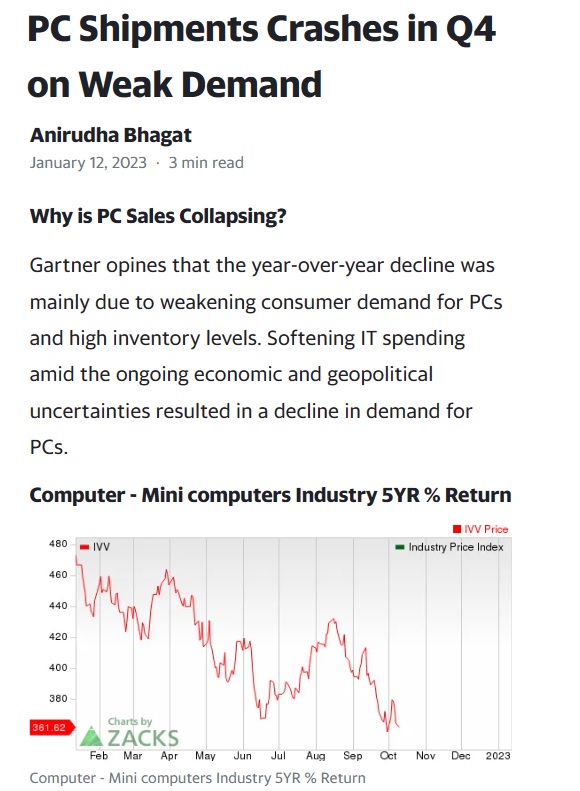I've been furloughed at my job a few times, just because some other business in the company was hemorrhaging money, and they decided it was the least destructive way to cut costs. More often, we've been subject to freezes on hiring, travel, and annual pay increases. And they never make up for that stuff, after a return to better financial health.
Luckily, the second time it happened was in 2020, and I was eligible for unemployment insurance + pandemic assistance. I don't mind claiming those benefits, after so many years of paying into the system and doing my part to hold down stable employment.
That seems like it was the "least terrible" way to go.
I've worked at a place where the compensation system for the management/director of departments was extremely self-destructive.
What happened was, the company was trying to move away from contractors having to do all the customizations that the company needed. They wanted to have in-house experts, and moved in this direction.
However, the director of IT left and was replaced with someone else. This new director looked at the compensation scheme, and the result was that half of the IT department was laid off. The remainder were still there, but we all very much got the feeling that once our current projects were done, we'd be let go. There was a lot of talk of "everyone's gonna have their jobs, but you'll all be sort of kind of re-applying for them"
And how, you might ask, did the work get done? They went back to contractors. I got along well with the manager who dealt with the contractors, and he was NOT pleased at the cost on that end.
But, here's the killer: Bonuses and raises were heavily based on cutting costs. Contractors, however, were not paid for out of IT, they were paid by a different department. So, that other department's expenses went WAY up, moreso than the savings from IT, but everything was analyzed in isolation.
Net: keeping their software going got significantly more expensive, but the IT director got raises and bonuses because she dramatically cut costs in her department.
That manager who dealt with the contractors was unhappy, BUT, he had the advantage that he wasn't at the level where his raises/bonuses were based on cost-cutting.
It was absolutely insane.
EDIT: slight wording tweak


